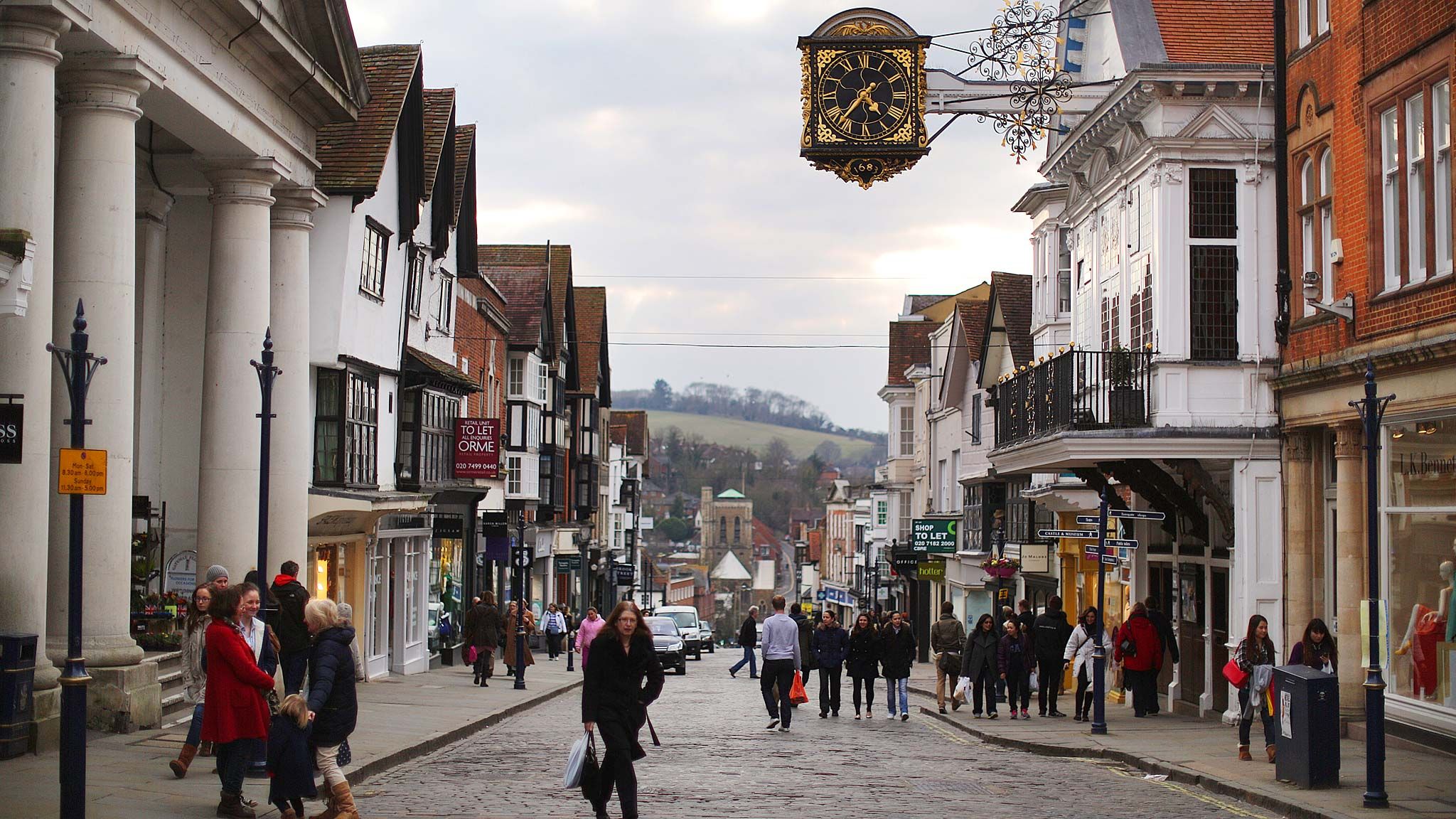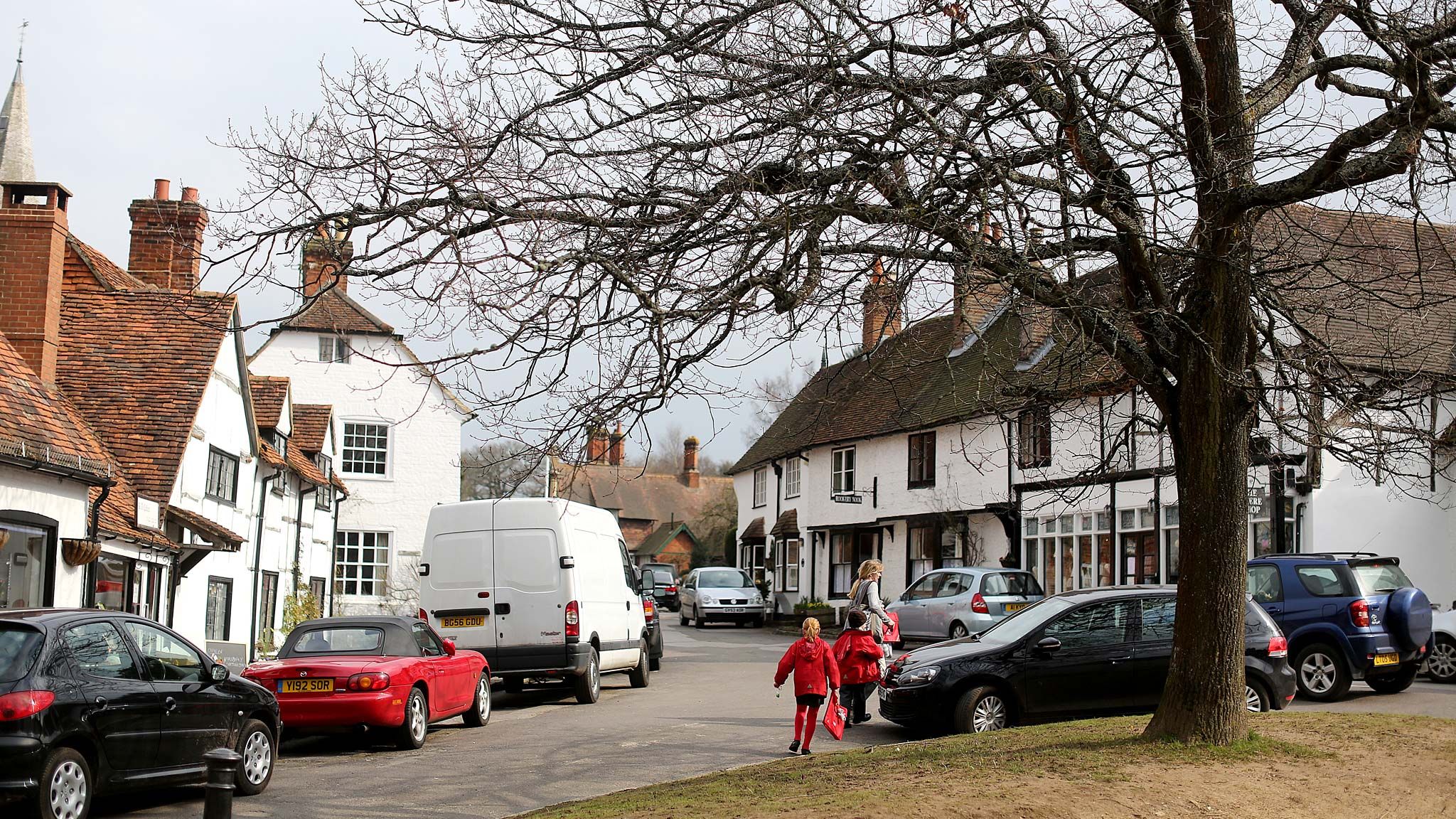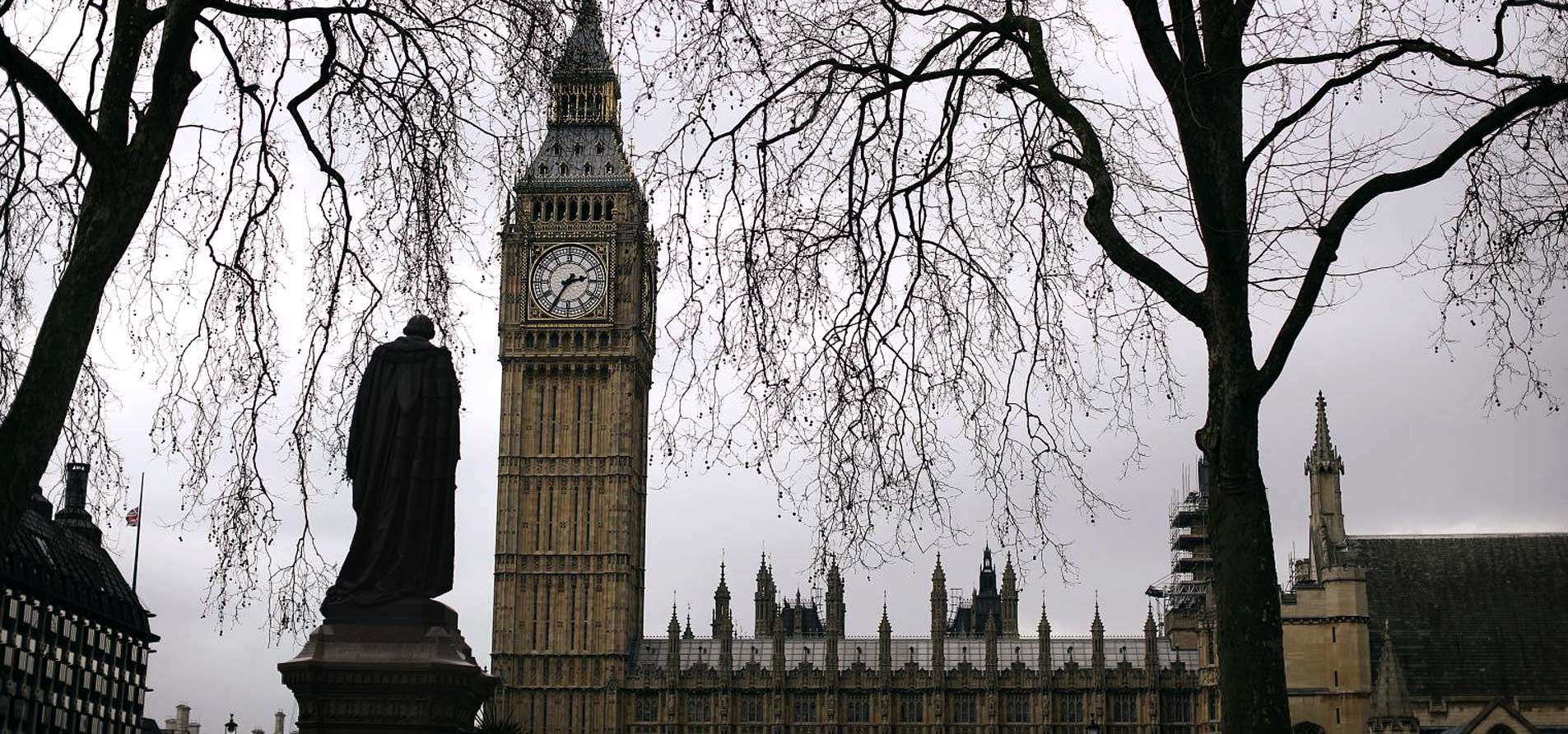The impact of sweeping changes to Britain’s benefit system will vary widely among local economies. Cuts to welfare payments will hit northern towns and cities as much as five times as hard as the Conservative heartland southern counties, according to research commissioned by the Financial Times into the impact of austerity.
The government's radical reform programme, aimed at reducing one of the largest fiscal deficits among OECD nations by moving people off the benefit rolls and into work, is taking £19bn ($29 billion) a year out of working-age social security between now and 2015.
The Conservatives say the welfare cuts will spur the private sector to greater dynamism on the back of an expanded labour force. But the FT's research underlines the potential risks to economic regeneration and private sector business prospects in poorer areas where the local population faces the loss of a large slice of purchasing power.
The findings of the FT's investigation – the first to examine the local economic and business consequences of the reforms – suggest any impact will be most acute in areas outside Tory strongholds.
So great is reliance on social security in some areas that the changes, when fully implemented, will in effect eliminate 6.5 years of real household disposable income growth in Blackpool, the hardest-hit town, which on average will lose £914 a year for every working age adult. In prosperous inner London, Surrey and Buckinghamshire just a few months' worth of income growth will be lost.
The traditional industrial areas of England, Scotland and Wales, such as the Welsh Valleys, will be hard hit, particularly by tighter eligibility requirements for disability benefits. The population of Merthyr Tydfil will lose £722 a year, the same as Middlesbrough.
The FT’s chief photographer Charlie Bibby visited some of the worst – and least – hit towns to see how the changes were impacting local economies.



























